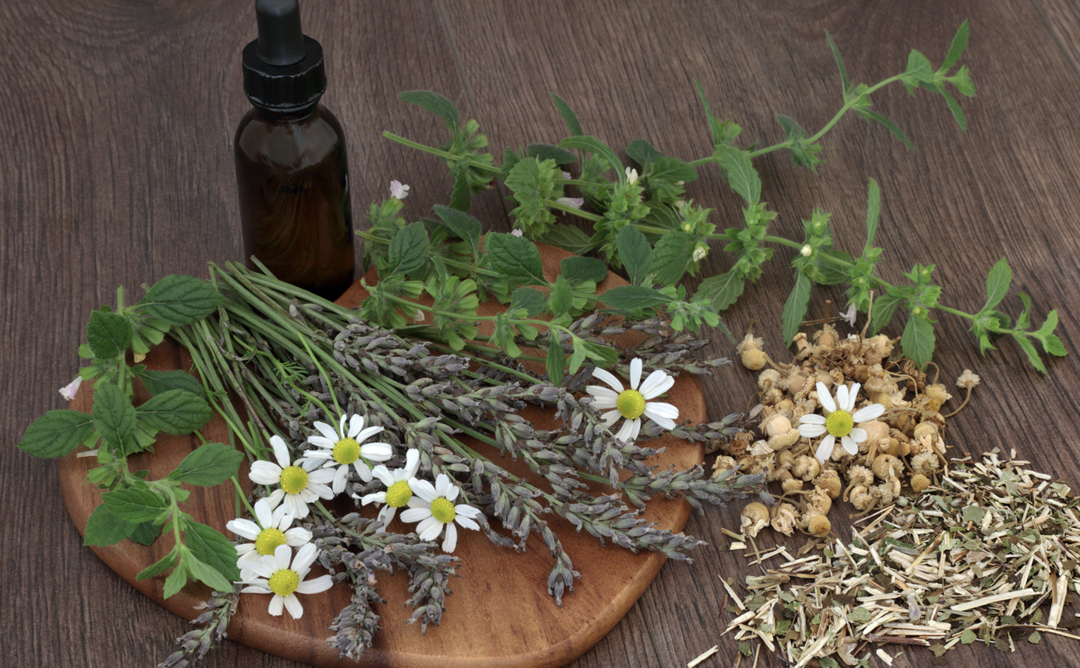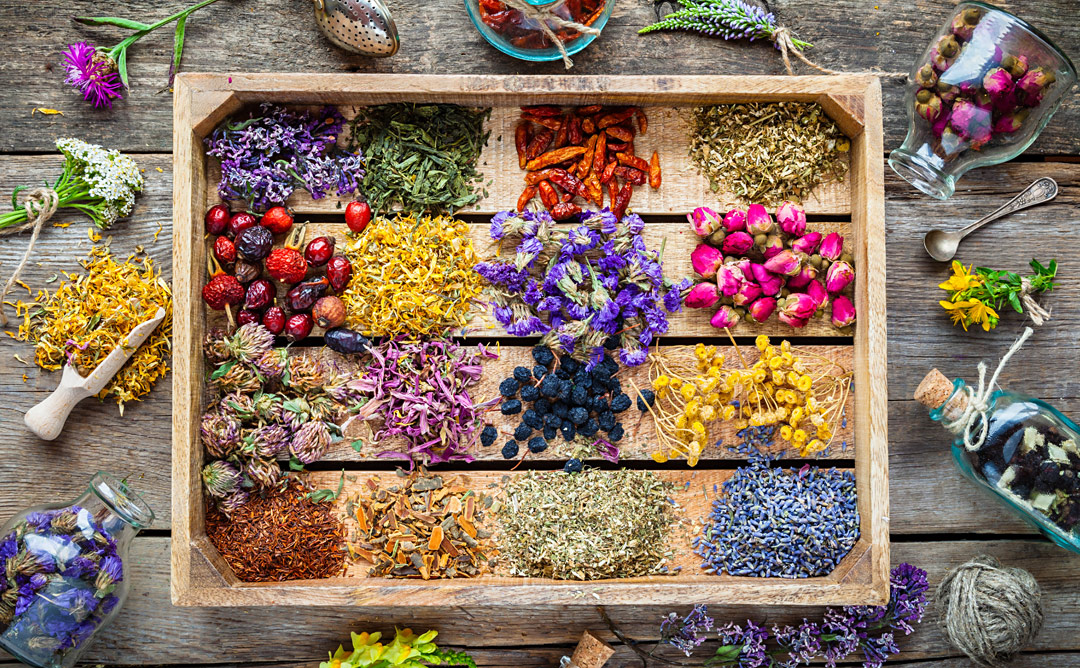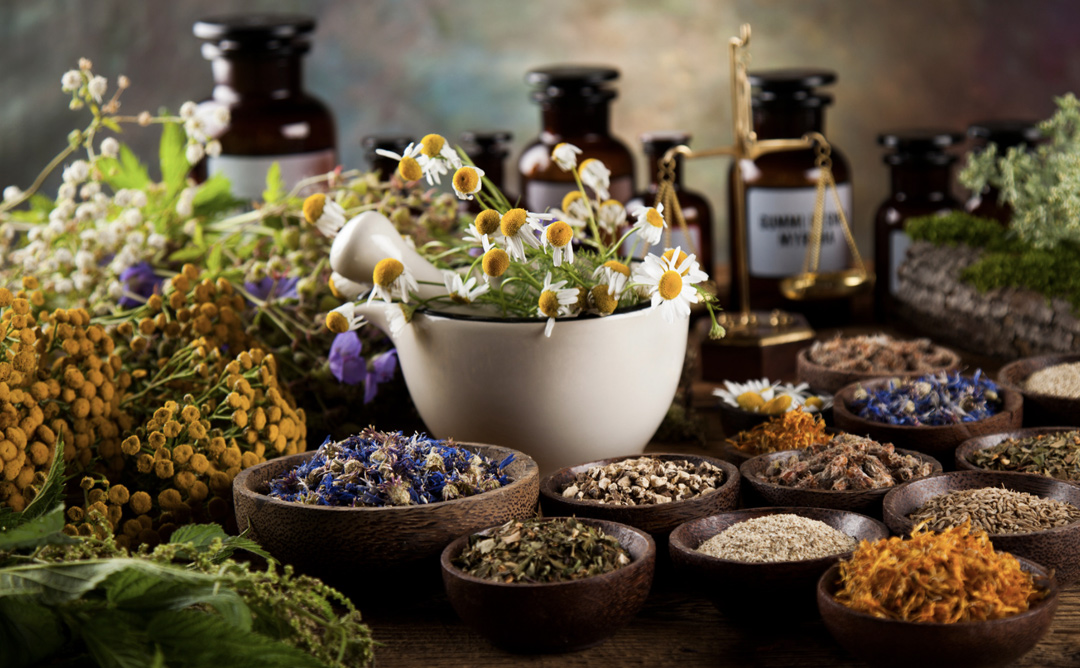
Conquer Cold and Flu Season: Embrace These Tips & Thrive!

Conquer Cold and Flu Season: Embrace These Tips & Thrive!
As the colder months approach, so does the season of colds and flu. While it’s impossible to completely avoid these common illnesses, there are steps you can take to strengthen your immune system and reduce your risk of falling ill. A robust immune system acts as your body’s first line of defense against infections, and with a few simple lifestyle adjustments, you can fortify it to better ward off those pesky cold and flu viruses.
Eat a Balanced Diet
A well-rounded diet rich in vitamins, minerals, and antioxidants is essential for maintaining a healthy immune system. Incorporate a variety of fruits, vegetables, whole grains, lean proteins, and healthy fats into your meals. Focus on foods high in vitamin C (citrus fruits, berries, bell peppers), vitamin E (nuts, seeds, spinach), and zinc (lean meats, legumes, whole grains) as they play a vital role in immune function.
Stay Hydrated
Proper hydration is often underestimated, but it’s crucial for a healthy immune system. Water helps your body carry out essential functions, including flushing out toxins. Herbal teas and broths can also provide added hydration and potential immune-boosting benefits. Check out the link below for a fun water bottle that’s PBA free!
Prioritize Sleep
Adequate sleep is a cornerstone of good health. During sleep, your body repairs and rejuvenates itself, including your immune system. Aim for 7-9 hours of quality sleep per night to give your immune system the chance to function optimally.
Manage Stress
Chronic stress can weaken your immune system over time. Engage in stress-reducing activities like yoga, meditation, deep breathing exercises, or spending time in nature. Finding healthy ways to manage stress is essential for overall well-being. We love Earth & Moon for their amazing yoga mats!
Regular Exercise
Moderate, consistent exercise has been shown to enhance immune function. It improves circulation, helps manage weight, and contributes to overall health. Aim for at least 150 minutes of moderate-intensity exercise per week. Some great exercise equipment is listed below!
Practice Good Hygiene
Prevent the spread of germs by washing your hands regularly with soap and water. Avoid touching your face, especially your eyes, nose, and mouth. Cover your mouth and nose when you cough or sneeze, preferably with a tissue or your elbow. Stay away from all that hand sanitizer and antibacterial soap! Just plain soap and water will do!
Stay Up-to-date on Vaccinations
Vaccinations are a crucial tool for protecting yourself and others from serious illnesses like the flu. Check with your healthcare provider to ensure you’re up-to-date on recommended vaccinations.
Stay Social
Maintaining social connections can positively impact your immune system. Spending time with loved ones and engaging in meaningful social interactions can reduce feelings of loneliness and boost overall well-being. Just make sure to keep washing those hands!
Consider Immune-Boosting Supplements
While it’s best to obtain nutrients from a balanced diet, some supplements can support your immune system. Vitamin D (we love Guru Nanda Black Seed Oil), probiotics, and certain herbal supplements like echinacea, elderberry, and reishi are thought to have immune-boosting properties. We love Apothekary and Cultivate Elevate for our adaptogens and mushrooms! And, yep, you guessed it! More of our favorites are listed below! Consult with a healthcare professional before adding supplements to your routine.
Hygiene Etiquette
During cold and flu season, practice good hygiene etiquette to prevent the spread of illness. If you’re feeling unwell, stay home to avoid exposing others. Allow your body the time it needs to recover, and don’t rush back into your routine until you’re fully well.
In conclusion, as cold and flu season approaches, it’s important to take proactive steps to support your immune system. By adopting a healthy lifestyle that includes a balanced diet, regular exercise, sufficient sleep, and stress management, you can give your immune system the tools it needs to fend off infections. Remember that no strategy can guarantee complete immunity, but these practices can significantly reduce your risk of falling ill and help you navigate the colder months with confidence. Enjoy this season at your best! Happy Fall, y’all!
Disclaimer: We are an affiliate of many companies, which means that we may receive a commission if you click on our affiliate link and make a purchase. However, this does not affect our reviews and comparisons. We strive to provide honest opinions and recommendations based on our own experiences and research. Any product claim, statistic, quote, or other representation about a product or service should be verified with the manufacturer, provider, or party in question.



